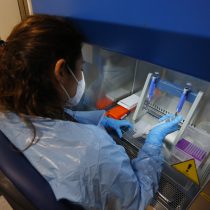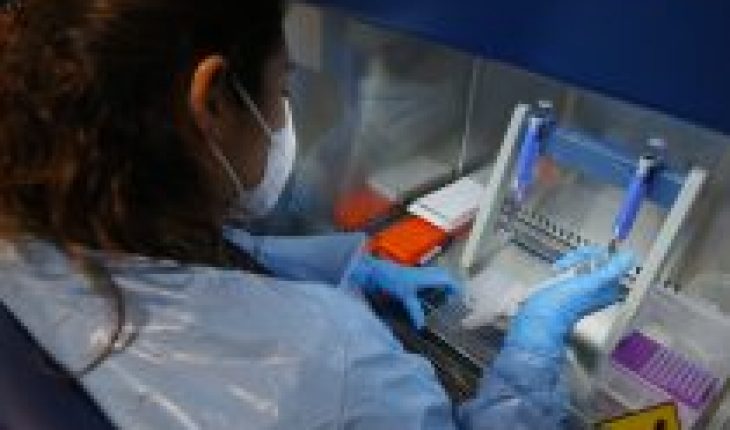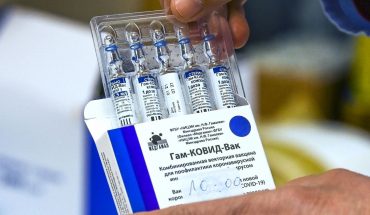
One of the problems brought about by the pandemic was the large crowds in health systems, both public and private. To go only for a prescription, last 2020 you still had to go to a doctor and suffer the risks that come with being able to get infected in the same consultations. However, this allowed the creation of new ideas that, thanks to collaborative work with health professionals, have been successfully executed for the benefit of people.
In July 2020, the ISP authorized the issuance of electronic prescriptions, but under strict security parameters. Today, due to the implementation designed by Recemed – a Service Software that operates under its own web platform or integrated with the clinical records of health providers (HIS) through API – there are more than 140 thousand prescriptions issued, more than 1500 doctors assigned and 25 pharmacies nationwide that have allowed to restore treatments with drugs in a responsible manner.
According to Pablo Jaña, CEO of Recemed, “telemedicine has proven to be a great contribution to the health system during the pandemic, but what is the point of having an hour with telemedicine if the prescription is face-to-face? The answer is none. For the same reason, the rapid incorporation of the electronic prescription allowed us to speed up some treatments and also to realize which diseases are the ones that most afflict our compatriots”.
According to figures from the same platform, 60% of the total are prescriptions executed by psychiatrists.
“Digital health about 10 years ago generated more strength by digitizing certain things, like clinical records and peripheral services to it like. But about 3 years ago the connection began through mobile applications or remote contractibility centers, and the pandemic accelerated the whole process of teleconflicries; as a result, an acceleration was generated for many companies working in digital health in the world, “says Leonardo Lagos, director of biotechnology operations of the digital platform Careyou Health.
The platform brings care services closer, generating models of personalized care. Added to different technological devices, it allows to connect a triad between the doctor, patient and relatives, and thus, detect or prevent signs that could lead to more serious diagnoses; it even allows electrocardiograms to be performed remotely.
“We facilitate access to healthcare services for people, but we also streamline telemedicine, in a safe and timely manner,” says Sergio Chavéz CEO of Careyou.
On the other hand, the independent pharmacy Farmex became the first pharmacy in Chile to be accredited and authorized by the ISP to sell medicines only online. “When e-commerce enters an industry, prices always fall, but it also increases access to medicines to communes that do not have pharmacies, allows people to continue with their treatments without leaving home, and today, avoid a resurgence of contagions, “says its founder, Alejandro Pérez.
In the case of the Examedi platform, it has 12 different types of tests, among which we find rapid antigen test, naval and salivary PCR, biochemical profile, lipid profile, liver profile, blood counts, TSH and free t4 thyroid hormones, complete urine, blood creatinine and insulin curve. Its CEO, Ian Lee, explains that they intend to reach 2000 thousand services and have nurses so that they can perform the procedures in the homes of the same patients.
The arrival of the virus has increased home hospitalizations by 54%. In fact, most of the people currently being cared for are post-Covid-19 patients who require oxygen therapy, rehabilitation therapies with respiratory kinesiology and ongoing nursing visits.
Currently, the situation at the national level in relation to Covid-19 has begun to show better, however it is necessary to continue collaborating with self-care and avoid crowds, which is helped by technology.





